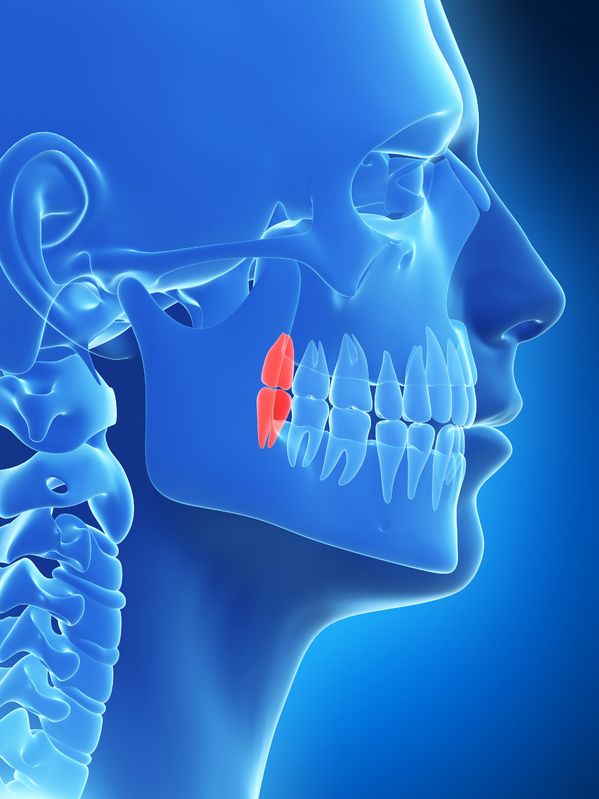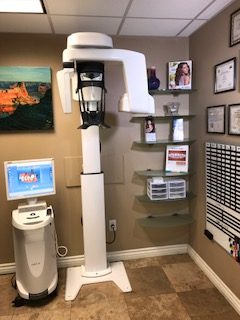Wisdom Teeth Removal
In adults between the ages of 17 and 25 wisdom teeth, or third molars appear and are the last of the set of molars that most people get. While most people will have their wisdom teeth eventually taken out, not everyone needs to do it. Majority of the dental professionals will suggest having your wisdom teeth removed under the following conditions:
The Wisdom Teeth Do Not Conform To Your Mouth.
Majority of people have 28 teeth before wisdom teeth come out. A lot of them do not have sufficient room in their jaw for 32 teeth due to which teeth may become impacted. If you have impacted teeth the wisdom teeth are not able to fully erupt or become misaligned. The removed wisdom teeth prevent impaction and too many teeth in your jaw.
You Feel Chronic Pain In Your Gums Near Your Wisdom Teeth.
This pain in the gums could indicate infection. Partially erupted wisdom teeth often have infection as food and bacteria get stuck in these areas. Removing your wisdom teeth can stop progress of infection.
Your Wisdom Teeth Do Not Grow Straight.
Many times, wisdom teeth won’t grow straight and your teeth can shift and move gradually. To forestall your teeth from shifting, eliminating your wisdom teeth is often prescribed.
Your wisdom teeth are triggering tooth decay in adjacent teeth. Maintaining clean wisdom teeth is difficult due to their location in the mouth. Brushing and flossing can be difficult and tooth decay and gum disease can develop due to improper oral care. Taking out your wisdom teeth can counter tooth decay problems in surrounding teeth and also the wisdom teeth.

Lack Of Space In The Jaw May Lead To Insufficient Room For All 32 Teeth Causing Teeth To Become Impacted
Can't Call Us Now?
Complete the form below and a member of our team will contact you at a more convenient time!
Before date of surgery, your doctor will review the procedure with you and inform you what to expect before, during, and after the tooth extraction. On the day of the wisdom tooth extraction, a local anesthetic will be given to numb the area. A general anesthetic may also be administered if all the wisdom teeth are to be taken out at one go. Apart from preventing pain, the general anesthetic will make it seem as if you are sleeping through during the whole procedure.
To eliminate the wisdom teeth, the doctor will uncover the gum tissue over the tooth and get rid of any bone present over the tooth. The entire tooth is then either cut into smaller pieces or extracted for easier removal. Post the tooth is removed, stitches may be required.
Easier removal of your wisdom teeth will depend on many factors. If the tooth has completely erupted, the procedure is quite similar to a regular tooth extraction. But, if the teeth have not come out through the gums the tooth or they are fully impacted, the surgery will be more complicated.








